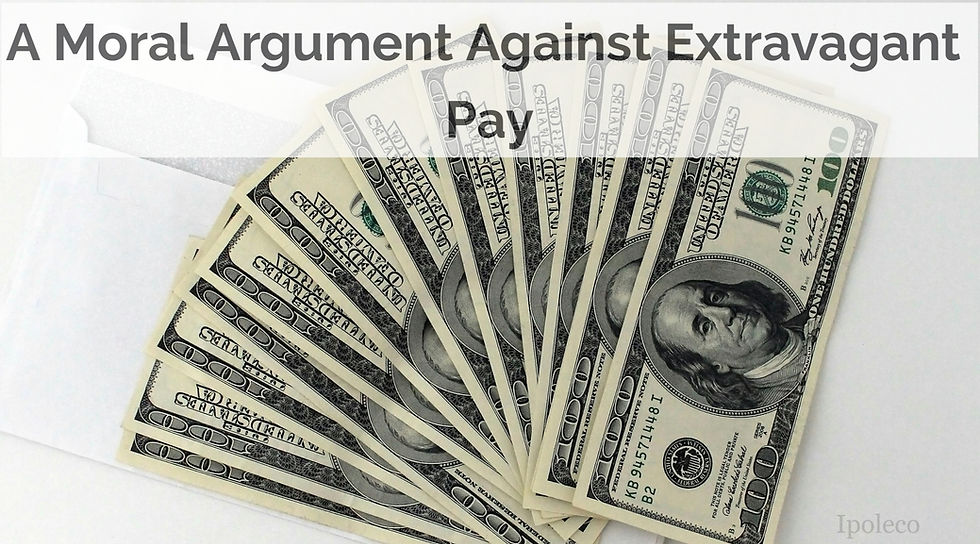Trade & Taxes
- Karl Johansson

- 25 juli 2018
- 2 min läsning
US President Donald Trump has decreased taxes without cutting spending, a critisised move given the size of the US national debt. The Economist reported in February that there are those who expect the American budget defecit to be around 6% of GDP in 2019 and 2020. Now he has announced tariffs on billions worth of goods from China. Could it be a policy with a dual purpose? It could both help reduce imports and the budget defecit.
As I've written several times the US trade balance, or current account balance as I will refer to it as from here on, is due to the structure of the American economy and thus can't easily be changed at a the President's whim. Americans consume more than they produce and therefore have to import the rest of the goods they want to consume. As you probably know tariffs are taxes on imports meant to encourage consumers to buy domestically produced goods as they will be cheaper relative to the taxed imports. Tariffs won't eliminate imports, only make them more expensive for the consumers with the (in this case federal) government taking a cut. This could help finance the increase in the budget deficit that the tax cuts brought. At the moment, the talk of tariffs focuses mostly on China and the EU but given the rhetoric coming from the White House it's not unthinkable that Mexico and Canada could be targets for additional tariffs. As a rule of thumb, as distance doubles trade halves which means that imposing tariffs on one's neighbours could net the government much needed funds.
President Donald Trump often gets criticised for seeming to base policy on impulses rather than strategy but in this case the strategy could have been to increase the budget defecit knowing that the tariffs which were planned all along were going to cover up a bit. If so, fair play to him. It's not at all an unreasonable plan, given that one believes that the US is being played for a fool bu its big trading partners.



Kommentarer